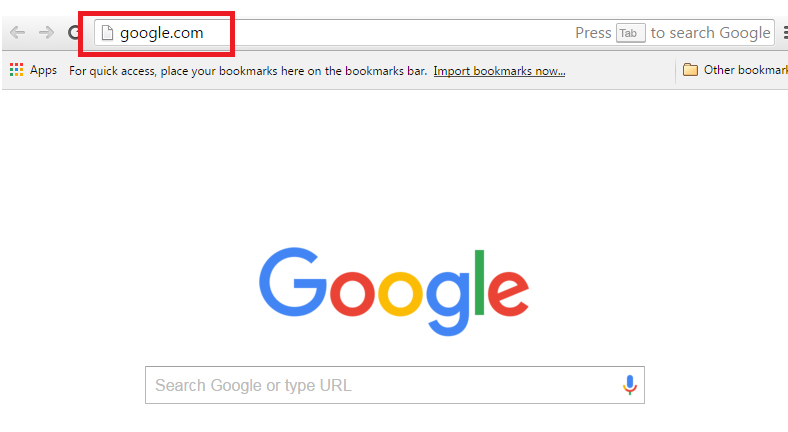.COM, .NET, etc. are called domain suffix or domain extensions. They are also called a top-level domain,
TLD. In addition to the .com and .net, there are hundreds of other domain extensions, the most common being the .com.
People tend to prefer the more popular TLDs, such as .com, .org, .net. There is an undeniable familiarity with .com
that you will not find with any other TLDs.
TLDs that are country specific (such as .ca for Canada, or .jp for Japan) is always good for businesses that are targeting
local customers. It raises the confidence of users visiting your website, especially when they come from the country of the TLD.
Do keep in mind that it can be difficult to find a preferred TLD that is still available. This is especially true for the .com
and .net domain names.
